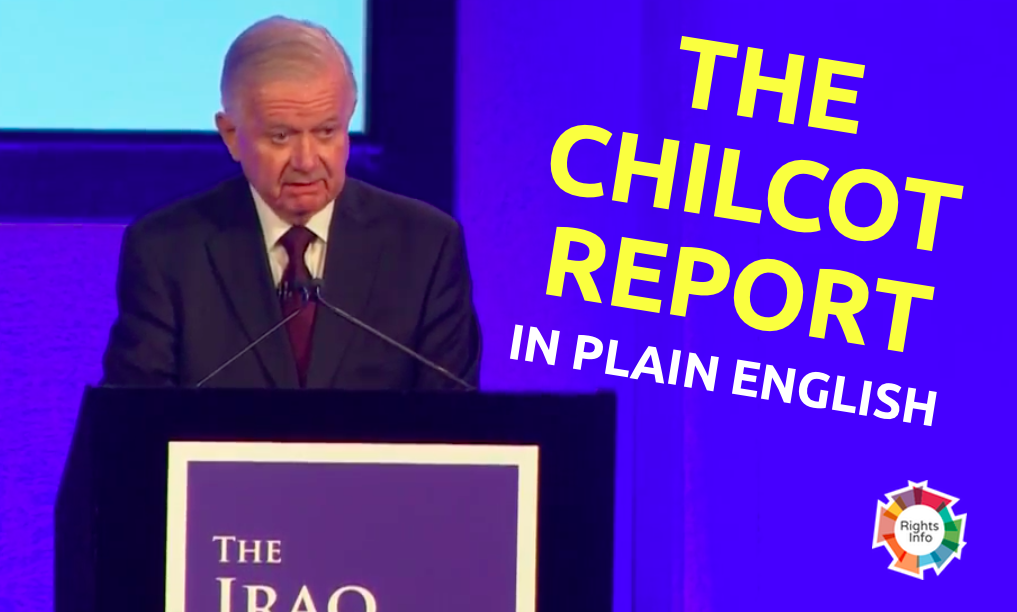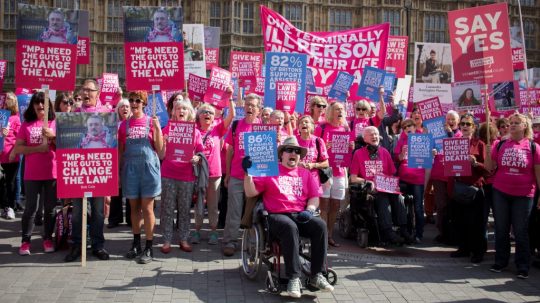More than seven years after its announcement, the Iraq Inquiry has today published its conclusions.
The Iraq Inquiry is an independent inquiry into the UK’s role in the Iraq War, a long-running armed conflict that began with the invasion of Iraq in 2003. Also known as the Chilcot Inquiry, after its Chairman Sir John Chilcot (a Privy Councillor and former senior civil servant), the Inquiry was announced in June 2009 but the publication of its report has been beset by delays.
What did the Inquiry conclude?
The main findings of the Inquiry include that:
- The UK decided to join the invasion of Iraq before peaceful options had been exhausted. Military action was not a last resort.
- The policy on Iraq was made on the basis of flawed intelligence assessments which was not challenged when it should have been.
- There was not much time to prepare armed forces for deployment in Iraq. The risks were neither “properly identified nor fully exposed” and resulted in “equipment shortfalls“.
- In the post-conflict period, the UK’s approach lacked an appreciation of the political, cultural and ethnic background and the state of society in Iraq.
- It also failed to have a “hard-headed assessment of risks“, “objectives which are realistic within [the] context” and an “allocation of the resources necessary for the task – both military and civil“.
The Executive Summary of the report can be downloaded free here.
What was the second Iraq War?
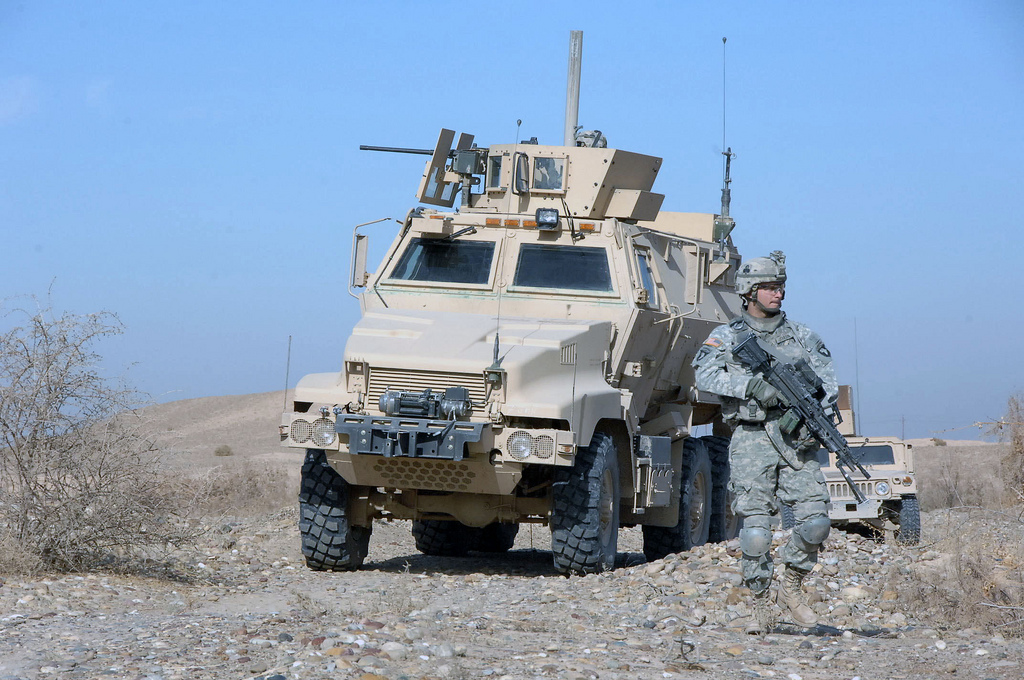
In March 2003, United States forces led a coalition of troops (including British soldiers) in a military invasion of Iraq. Tony Blair was the UK Prime Minister at the time and made the decision to send UK forces to join the coalition. The ‘war-fighting’ stage lasted only a few months, but including the bloody peacekeeping stage the conflict lasted over eight years. All told, 171 British servicemen died during the conflict and many more were injured. In May 2009, the last British soldiers left Iraq. The last US troops (with the exception of embassy and consular staff) withdrew on 18 December 2011.
How do we know whether the decision to go to war was legal or not?
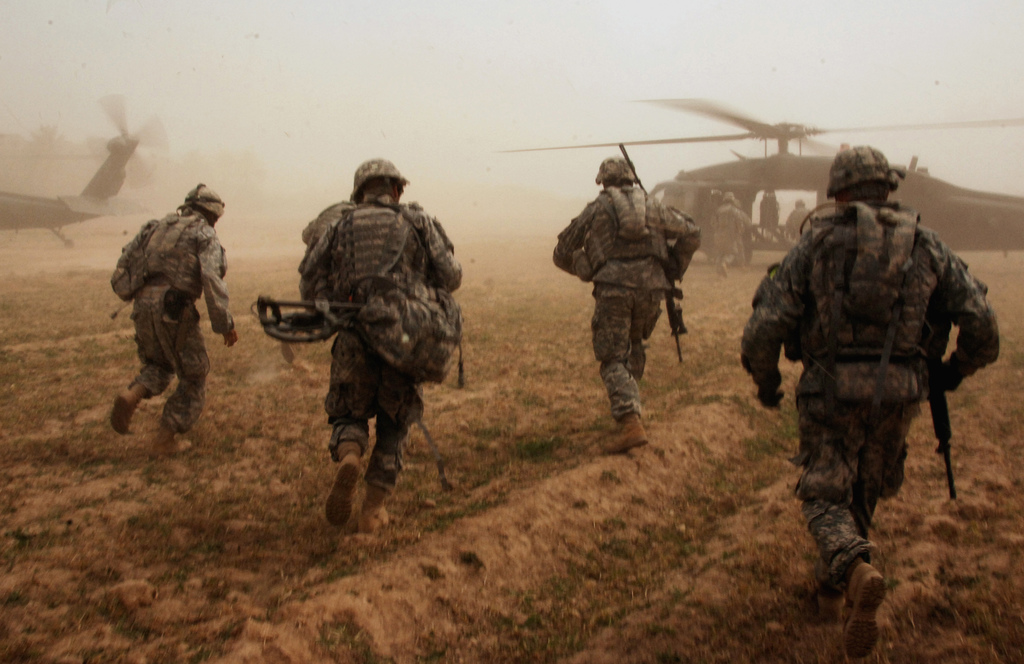
The use of force by a State is prohibited under international law by Article 2(4) of the United Nations Charter. The only exceptions are (i) with Security Council authorisation under Chapter VII of the Charter or (ii) in self-defence against an armed attack by another State under Article 51.
The rationale for the Iraq War is much debated and its legality is controversial. In the lead-up to the invasion, US and UK leaders emphasised the argument that Iraq under President Saddam Hussein was developing weapons of mass destruction, which therefore presented a threat to neighbouring countries and the wider global community.
More background on the reasons behind military action can be found here. An in-depth assessment of the legal justifications for the Iraq war is available here: on EJIL Talk!.
Once an armed conflict exists, the legality of actions taken by participants is governed by international humanitarian law.
What is International Humanitarian Law?
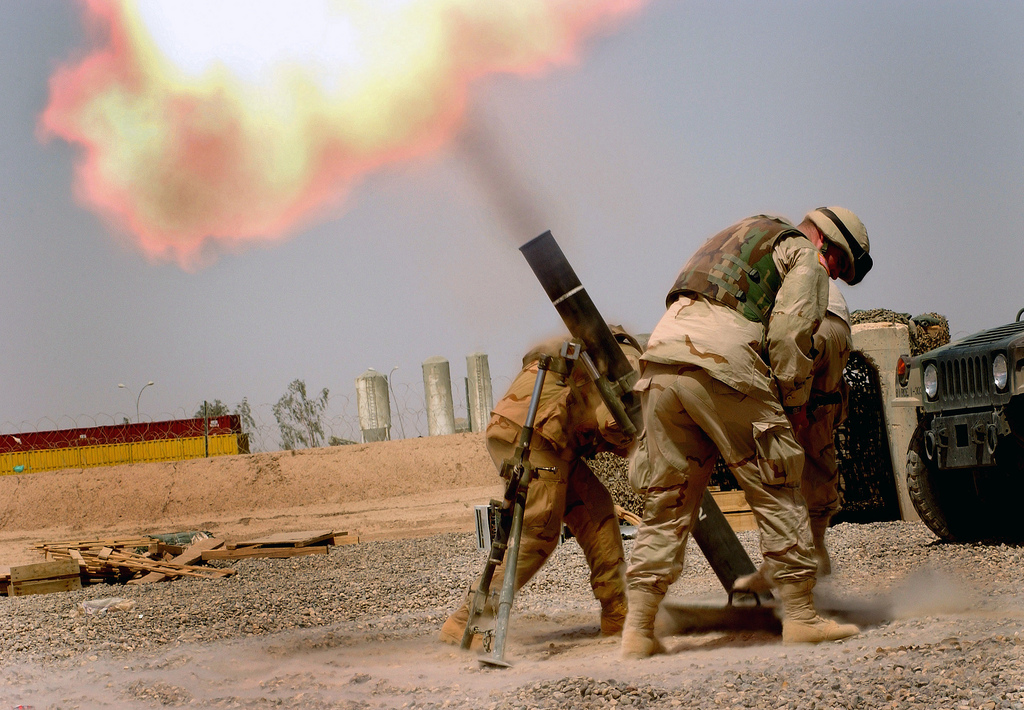
International Humanitarian Law (IHL) dictates how war must be conducted. It doesn’t apply during peacetime. This type of law has a long history, though it was strengthened after World War II by the Geneva Conventions. It protects those not involved in the conflict and prescribes acceptable methods of armed conflict. For example, using poisoned weapons is illegal. A breach of IHL could also be a breach of human rights or a war crime under international criminal law – see our explainer for more.
What about International Criminal Law?
International Criminal Law outlaws crimes on a mass scale, including genocide, crimes against humanity (attacks on civilians during war or peace) and war crimes (serious violations of the laws that apply in wartime). These crimes are contained in the Rome Statute of the International Criminal Court which is located in the Hague. The International Criminal Court decides cases against individuals.
Can anyone be prosecuted as a result of the Inquiry?
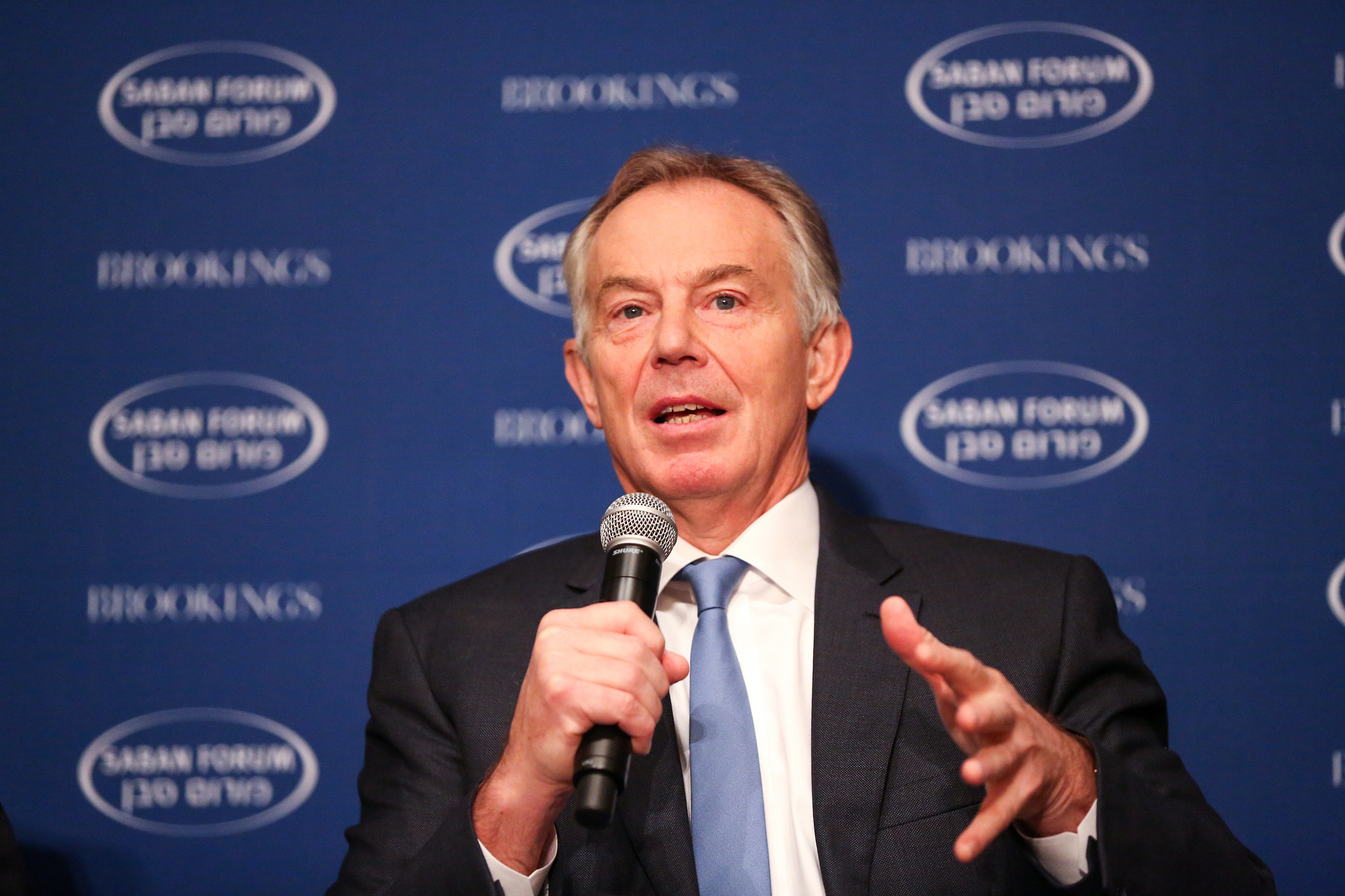
Let’s start with UK law. This inquiry is not a criminal or civil trial so there will be no criminal charges or awards of damages made at this stage. It is possible that charges or civil damages cases may arise following the inquiry, but that would be a separate process. Realistically, a criminal or civil claim against Blair himself would be unlikely, but a civil claims against the Ministry of Defence – both by soldiers and Iraqi civilians/combatants – may well result. There have been many such claims prior to Chilcot. An experienced international criminal lawyer has said that, under UK law, Mr Blair will not be tried by the UK courts.
What about international law? The International Criminal Court has said that Tony Blair’s decision to take the UK to war in Iraq in 2003 falls outside of the Court’s jurisdiction – that is because it is yet to be given jurisdiction over “crimes of aggression”, that is a violation of the UN Charter mentioned above.
However, contrary to a previous Telegraph article, it has said that it could bring prosecutions against individuals in relation to alleged war crimes which took place during the war. This could be against individual soldiers or even leader.
The final line of the ICC statement is notable: “only when a state is unable or unwilling to genuinely investigate and prosecute the perpetrators”. Given the significant number of investigations into the UK’s conduct during the Iraq War which have already takes place, it is likely the UK and Tony Blair will not be at the top of the ICC’s list of potential prosecutions.
The amendments to the Rome Statute of the International Criminal Court, making aggression illegal will only come into force next year, and a person can’t be prosecuted for something that wasn’t an offence when it happened.
The Office of the Prosecutor is currently looking at the material provided and evaluating the reliability of the sources and the credibility of the information received. And then, the ICC can only prosecute someone if a domestic court is ‘unwilling and unable’ to prosecute. So, the domestic courts could prosecute anyone involved for war crimes, crimes against humanity or genocide, and the ICC will consider any domestic proceedings in deciding whether to lay charges.
In response to the Chilcot report, Mr Balir stated ‘I will take full responsibility for any mistakes without exception or excuse.’ Never say never. For more, see this blog.
Can the report be appealed?
No. The report is the result of an independent inquiry rather than a judicial process, so cannot be appealed as such, but it could in theory be judicially reviewed. Judicial Review is the process by which people can challenge decisions of public authorities in court. In practice, it would be difficult to succeed in such a challenge as Chilcot would have to have acted irrationally or missed out a key fact.
For more human rights news, views and information, follow RightsInfo on Facebook and Twitter.

